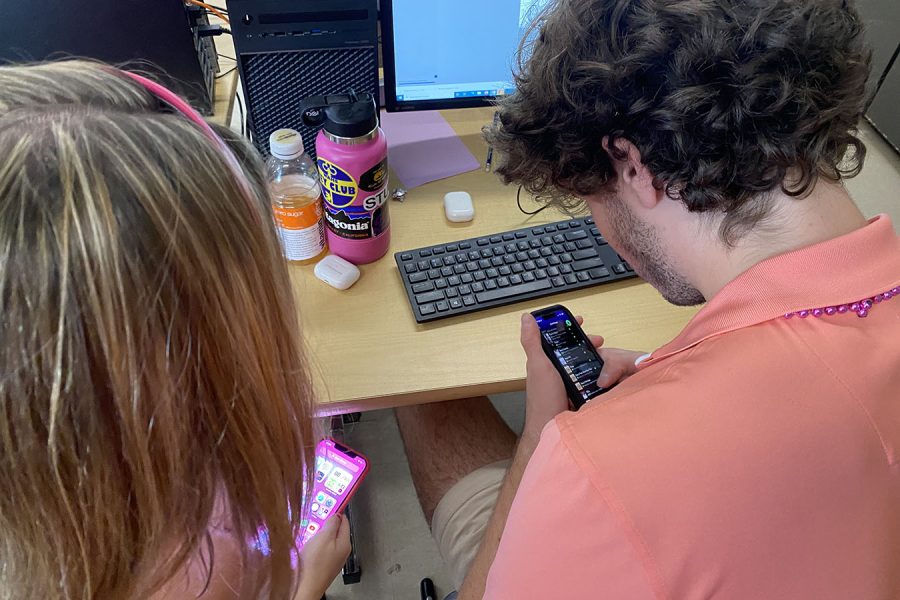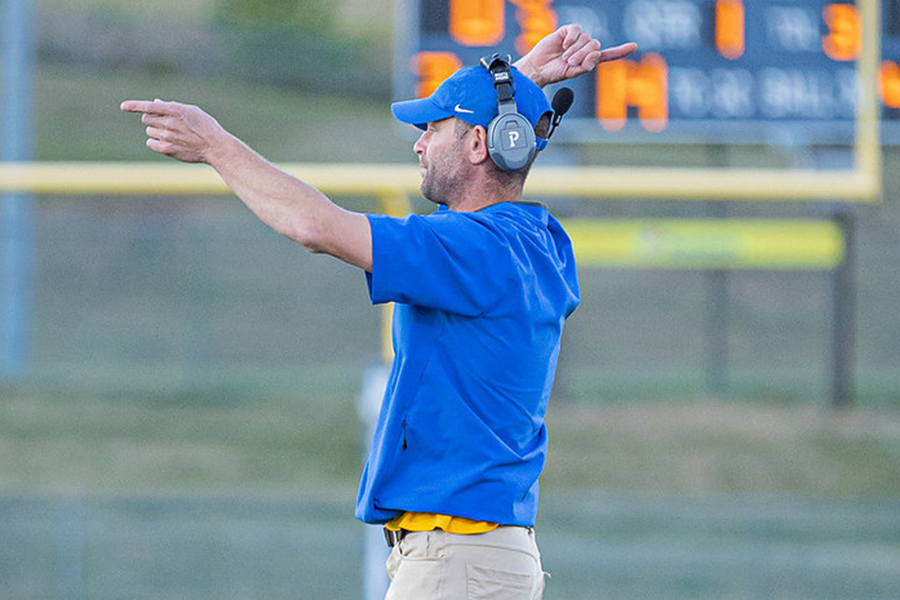Teachers Appreciate New Cell Phone Policy
Credit: Martha Thompson
Students at Western have become more sneaky following the new cell phone policy.
January 6, 2023
The new cell phone policy implemented this year has affected the learning environment for the better and changed the way learning operates in classrooms. In previous years, especially with the challenges of online learning, distractions and cell phone usage in class have risen. To combat this shift, the new policy cracks down more severely on students who don’t pay attention in class. Many students disagree with the policies put in place. They feel as if “away for the day” is an unfair policy to uphold. Teachers generally feel the policy has allowed the students to eliminate distractions and enhance their focus. For example, junior class representative Clayton Grimes explains “Most students understood the consequences of using phones prior to implementing the policy in the classroom to their educational journey.” Although, history and economics teacher Conner Peters, feels cell phones play an important role in the world today, and thus students should be able to access them throughout the day. However, he makes a point that they should not be interfering with instructional time.
Similarly, chemistry teacher Jordan Dudley likes the cell phone policy, because it has the students more engaged than they used to be. “I think my students are more focused because they do not have access to their phones.” she said. Grimes also noticed when his students do not have an immediate solution to their wandering minds, they find their way back to the lesson quicker.
While teachers do their best to make sure the policy is followed through, there have been exceptions in some classrooms. Grimes explains some benefits of phones in class, such as virtual reality, Kahoot, and other online learning activities. Likewise, Peters allows students to use their phones in the last five minutes of class, if the student has finished their work. He also notes that because communicating about after school transportation is needed almost every day, he does not mind if a student needs to quickly communicate with their ride. Dudley feels as though students should be allowed to quickly search something on their phone because a lot of the learning is technology based, and computers take longer to start up.
However, for teachers growing up, accessing their technology was more difficult. For some of the teachers at Western, cell-phones weren’t around. For example, if Grimes were a student facing the new policy, he guarantees his feelings would change. “I am someone who is very much connected to my phone. I use it to check time and for an immediate distraction, I do go to my cell phone.” he explained. Though, Grimes still strives to keep his phone away as much as he can to lead a good example. “I do feel like my students have come to a mutual understanding that it is important to put the phone away in class.”
Moreover, Ms.Dudley She never uses her phone during class in order to improve her and the students attention. Peters also does his best to keep his phone out of educational time to lead a good example.
As expressed by most teachers, the cell phone policy has made the 2022 school year more productive as a whole. Teachers report seeing more engagement from students, improved performances on summative assessments, and fewer distractions. Despite the need to remind students to put their devices away, the policy has helped them stay out of touch for the majority of class. As students progress further into the year, it is most likely they will adjust more to class without cell phones because of the new policy.









